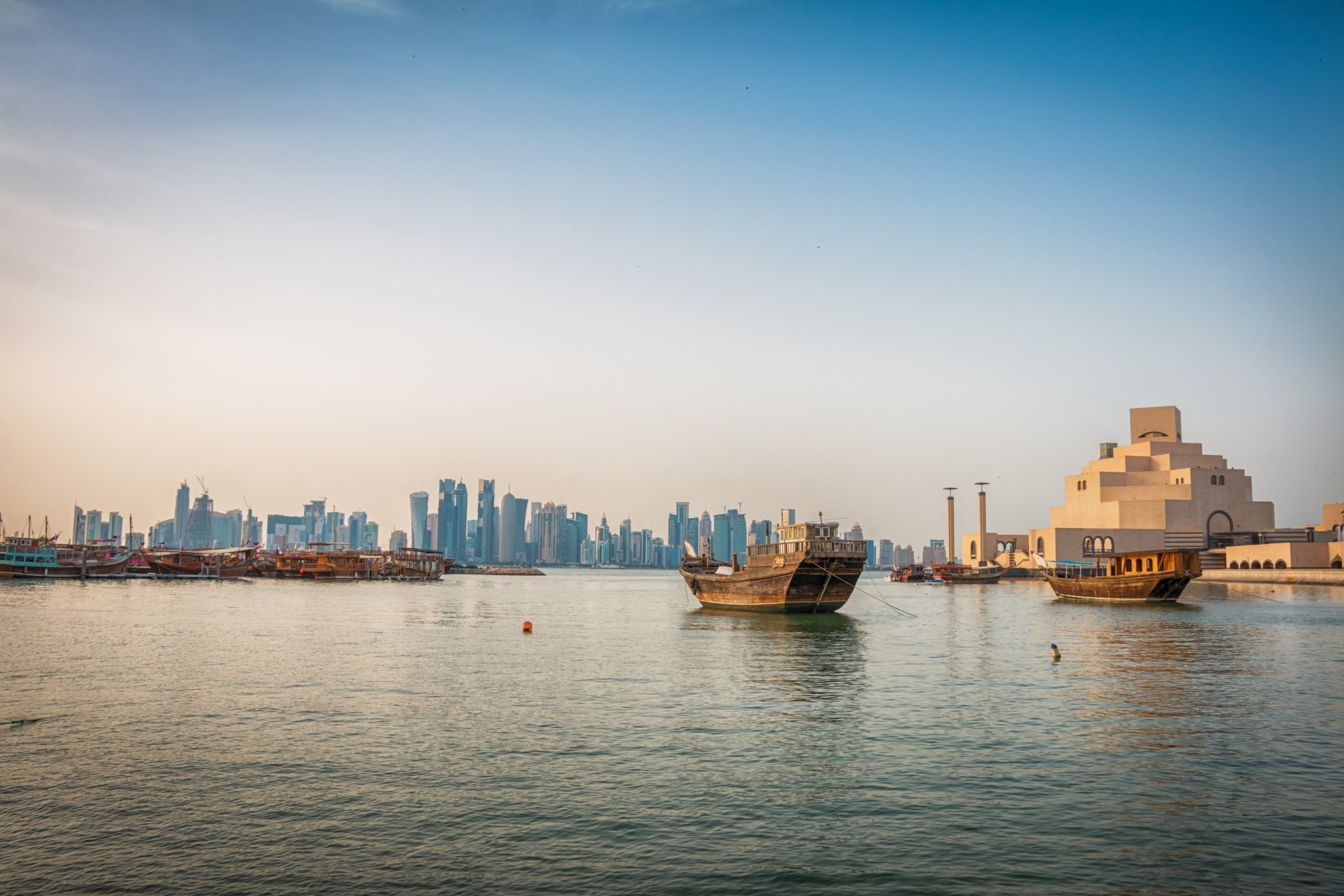Various global agencies point towards a healthy economy for Qatar’s future
Qatar’s fiscal deficit has reduced to 1% in 2021 from 2.3% in 2020 as the country’s economic activity bounces back from Covid-19 and it’s negative effects.
According to a risk report by The Economist Intelligence Unit (EIU), led by analyst Adnane Allouaji, the country’s real GDP will grow by 2.4% in 2021.
This is due to the combined effects of rise in global oil prices and LNG demands, restoration of economic activities as the Covid-19 vaccine rolls out across the country, as well as the removal of the fiscal strain due to the Gulf blockade, which ended in January.
The report expects to see a further improvement in the country’s economic outlook as the 2022 FIFA World Cup comes closer. The expected introduction of a nationwide value-added tax (VAT) will continue to have positive knock-on effects for government revenue.
While this will result in a lower amount of debt in 2021 for Qatar – and other Gulf states – the need for borrowing remains, according to Trevor Cullinan, lead analyst of GCC sovereign ratings at S&P Global Ratings told CNBC.
“Going forward, we don’t think that there will be the same need as in 2020,” he said. “We broadly expect fiscal consolidation over 2021 to 2023 – we think the deficits will be smaller, (and) economic activity will be stronger.”
With the impact of Covid-19 last year, the countries that make up the Gulf Cooperation Council hit a record amount of total international debt, hitting $42.1 billion, a 33.5% increase from 2019.
“The amount reached a record high, driven by higher deficit financing needs resulting from the slump in oil prices and the impact of Covid-19,” said Scott Livermore, chief economist of Oxford Economics Middle East.
This has resulted in higher debt-to-GDP ratios across the board, however, that does not seem to worry experts, especially in Qatar’s case.
“Although the government’s external debt-servicing costs are rising as a result of new issuance in recent years, still-strong foreign reserves at end-2020 (US$37.5bn, or about 11 months of import cover) and a large stock of assets held by the Qatar Investment Authority (QIA, the sovereign wealth fund) provide ample resources for the authorities to draw on,” said the EIU report.
The sentiments were echoed by Oxford Economics Middle East chief economist who said: “If the rollover risk is effectively managed through refinancing, then GCC governments should be able to navigate through the short term”.







